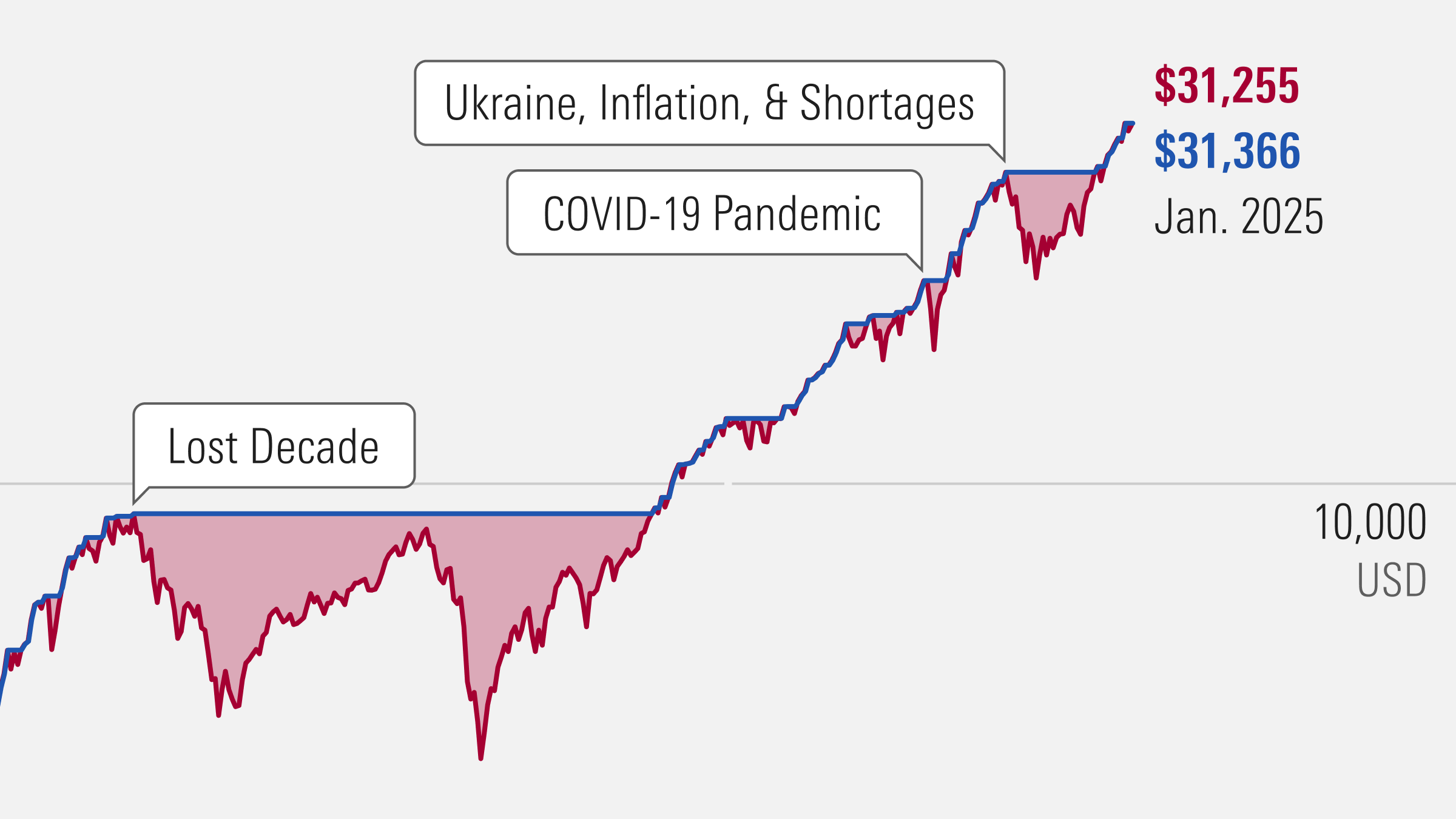Just when I had finally managed to convince myself that we are not in for a repeat of the 2007/08 financial crisis – at least not yet – up pops a bank with a scheme for causing misery and mayhem. Don’t even try to understand the senseless wheeze but there are some lessons for ordinary investors that are worth reflecting on.

It’s almost laughable, except for the victims

Credit Suisse introduced the delightfully named VelocityShares Daily Inverse VIX Short-Term exchange-traded note, which I bet even the bank’s directors didn’t understand, just as bank boards didn’t bother to find out what their sellers of extremely complex derivatives were trading a decade ago. All that matters to the bank is that it makes money selling to mugs who buy things they don’t understand – lesson one.
Known oddly as the XIV – was this a subtle reminder that the whole thing was back to front? – it was designed to make money when markets are static. There’s a much easier way of achieving this goal. You buy shares and rake in the dividends – lesson two.
However, this scheme was doomed to failure because markets have, over the years, become more volatile, thanks in large part to computer trading programs that set off a spiral of selling orders, followed by a similar spiral of buys to take indices back where they started. Even when the stock market is going sideways, which is most of the time, it does so in wild swings that provide buying and selling opportunities – lesson three.
It’s almost laughable, except for the victims, to read that, because of the convoluted way it operated, the XIV actually exacerbated the shares sell-off that destroyed it.
Credit Suisse claims that it will suffer no losses after the heavy falls on stock markets around the world destroyed this daft derivative. Indeed, it seems that the big players who got in first made piles of money, while the losses will be suffered by those who leapt onto the bandwagon just before the wheels fell off – lesson four.
Although this product was obviously utterly unsuitable for ordinary investors, it seems that many were taken for a ride. I normally urge investors to take their losses on the chin, learn their lesson and move on but I hope this debacle produces another bonanza of claims against banks for mis-selling. Just don’t try suing a Swiss bank in a Swiss court, though.
Why Every Portfolio Should Have Oil Investments
Talking of wilds gyrations, what about the price of oil. Just a few years ago after topping $140 a barrel, oil looked as if it might hit $200. But then crude slumped below $40 and several oil-producing nations faced bankruptcy, with even Russia and Saudi Arabia feeling the pain.
On the way down, the Saudi regime hinted that $60 was where oil would settle, and as they had the loudest voice in the oil producers’ cartel OPEC I took that a bit too literally at the time. However, lo and behold crude has settled above the $60 mark, a level at which oil companies can make profits.
A bit of the rebound may be down to weakness in the US dollar, but it is worth remembering that in between the wild lurches oil does find a natural level that may prevail for some time. As the world economy grows, as it surely will do this year, oil use and supply should get back into balance.
Tax cuts and government spending will continue to boost the US – the bill can wait for future generations – while Europe is at last playing catch up and even the sternest Brexit critics are edging up this year’s forecasts for the UK. Meanwhile China and India should drive growth in Asia.
I’ve held onto by Royal Dutch Shell (RDSB) through all the turmoil and am still ahead on my purchase price after banking loads of dividends. BP (BP.) has finally put the Gulf oil spill disaster behind it. Even Tullow (TLW), although not paying a dividend, is hinting at better times for its battered shareholders.
Every portfolio should have an oil company in it. Enjoy the ride. It should be quite a lot less bumpy.




























